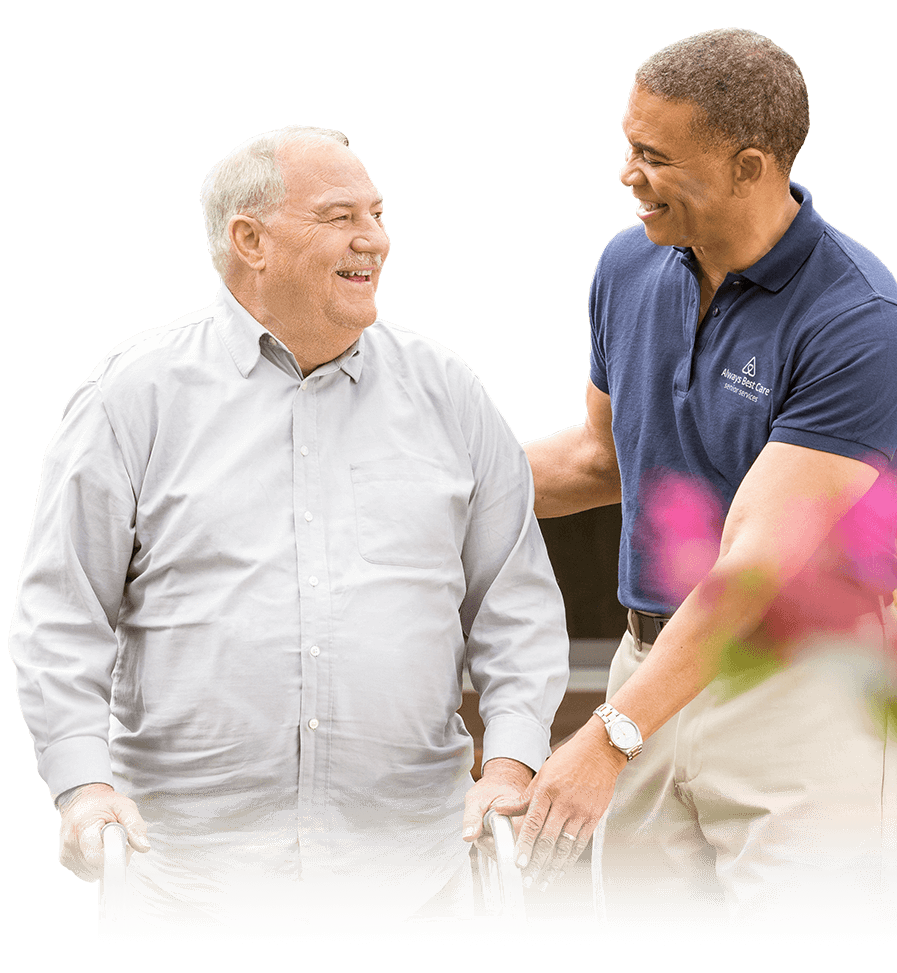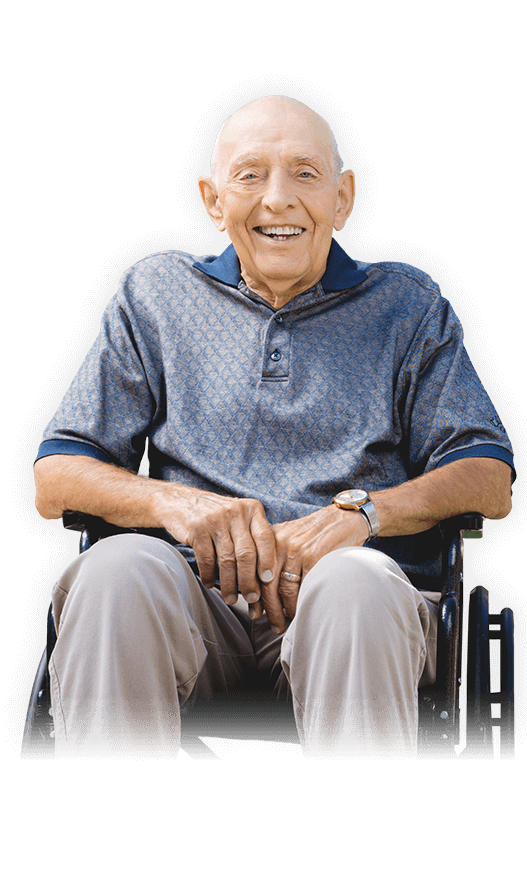Cancer Survivorship Care Plans
This is the trusted care plan used during cancer survivorship. It documents their treatment journey and keeps everyone on the same page about follow-up care and next steps.
You can schedule a consultation with a care provider now.
Please submit this form below and we will chat shortly!
For a free e-book complete the form below
Learn about the Exciting Opportunities with Always Best Care!
With more people living longer after a cancer diagnosis, it’s important to understand what survivorship truly means, especially for older adults.
The American Cancer Society estimates that by 2025, nearly 18.6 million people in the U.S. will be cancer survivors. That number is expected to grow to more than 22 million by 2035.
Cancer survivorship is not limited to life after treatment. It begins with diagnosis and continues through every phase of care, whether they’re undergoing treatment, in remission, or managing cancer as a chronic condition.
At Always Best Care, survivorship means more than medical support. It means helping your loved one stay independent, feel secure, and live each day with comfort and dignity.

Completing treatment is a big milestone, but it doesn’t mean life instantly goes back to the way it was. Recovery takes time and it might look a little different for everyone.
Here’s what life after cancer might really look like for someone you love.
Even after treatment ends, your loved one’s body is still recovering. Feeling exhausted after simple activities like folding laundry, walking to the mailbox, or playing with a pet is completely normal.
Side effects such as fatigue, joint pain, numbness, or changes in appetite can continue for weeks or even months. It’s important to listen to the body’s signals and allow for extra rest.
Encouraging light movement, balanced nutrition, and regular hydration can help support steady progress. With patience and the right care, strength often returns gradually.
Even though treatment is over, the journey is not. In fact, staying on top of your loved one’s health becomes even more important. Here is what that often includes:

This is the trusted care plan used during cancer survivorship. It documents their treatment journey and keeps everyone on the same page about follow-up care and next steps.
Even after recovery, regular checkups can catch signs of recurrence or new cancers early. This gives them greater peace of mind and a stronger sense of control.
Some side effects of treatment may not appear until months or even years later, including fatigue, memory problems, or changes in heart or kidney function.
Late effects of cancer treatment are common yet totally manageable with the right support and care.
Your loved one doesn’t need to make big changes overnight. Recovery can start with simple steps, such as a short walk down the driveway, a few balance exercises, or choosing a healthy meal that leaves them feeling nourished and strong.
Talking to a therapist or joining a support group is a great way to rebuild confidence, process tough emotions, and learn coping mechanisms from people who truly understand what life after cancer feels like.
Small daily habits can make a big difference in your loved one’s recovery.
Helping them maintain consistent sleep, starting the day with a calming routine, and taking regular breaks can ease stress, increase energy, and support their overall well-being.

Your elderly loved one can receive the care they need in the comfort of home, avoiding unnecessary hospital stays and recovering in a familiar, reassuring environment.
Our caregivers can help manage side effects, promote steady progress, and encourage independence as your loved one regains strength.
From bathing and dressing and transportation to light housekeeping and even companionship, our reliable caregivers can help take the pressure off daily routines.
Life expectancy for older adults with bladder cancer depends on several factors, including the stage of the cancer, treatment options, overall health, and how well the body responds to care.
While statistics can provide a general outlook, each cancer survivor’s journey is unique.
According to the National Cancer Institute, the five-year survival rate for localized bladder cancer is 84% for people under age 50, 79% for adults aged 50 to 64, and 67% for those 65 and older.
These rates reflect advances in early detection and treatment, but they don’t account for personal variables such as coexisting conditions, lifestyle, or ongoing support.
For an older cancer survivor, long-term outcomes may also depend on how well they manage side effects, maintain follow-up care, and access supportive services.
Encouraging regular checkups, healthy routines, and emotional support can make a meaningful difference in both life expectancy and quality of life.
They might still be losing weight because chemotherapy can affect their appetite, change how food tastes, or cause nausea, making it more difficult to eat enough.
Even favorite meals may no longer appeal to them, and portion sizes that once felt normal might now seem overwhelming.
In some cases, side effects like mouth sores or digestive discomfort can also make eating physically painful or uncomfortable.
Helping them maintain proper nutrition may require small, frequent meals, softer food textures, or the support of a caregiver who understands how to encourage healthy eating during recovery.
Follow-up visits are an important time to check in on your loved one’s recovery and bring up any questions or changes you’ve noticed at home.
These appointments can help you stay proactive and better understand what to expect in the weeks or months ahead.
Here are some helpful questions to ask during the visit:
Bringing a notebook or using a notes app can help you track the answers and follow up as needed. Don’t hesitate to ask for clarification; your role as a caregiver is essential to their well-being.
There’s no one-size-fits-all answer, as it depends on the type of cancer, the specific treatment received, and their overall health. Some people may be advised to wait several weeks or even months before safely consuming alcohol, while others may need to avoid it altogether.
Alcohol can interact with medications, increase liver strain, and worsen lingering side effects like fatigue, nausea, or dehydration. In some cases, it may also impact immune function or raise the risk of recurrence, particularly with certain cancers like breast or liver cancer.
Before reintroducing alcohol, it’s best to speak directly with your care team. They can provide personalized guidance based on your loved one’s current condition and long-term care goals.
Find cancer survivorship care and recovery services that provide comfort, support, and the dignity your loved one deserves.

